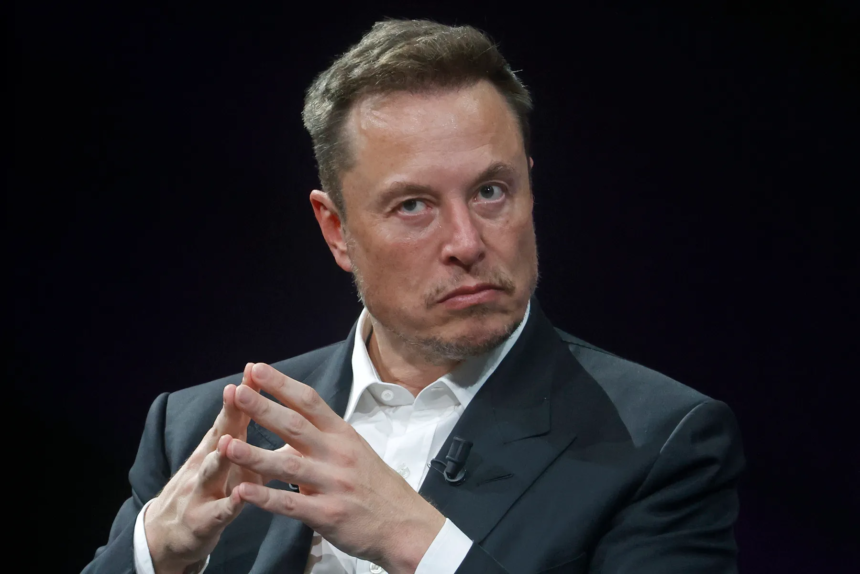Elon Musk’s $56 billion Tesla compensation voided by judge, shares slide

31.01.2024
A Delaware judge has invalidated Tesla CEO Elon Musk’s $56 billion compensation package, stating that the company’s board failed to demonstrate the fairness of the plan or provide sufficient evidence of negotiations with Musk. Following this decision in a lawsuit filed by shareholder Richard Tornetta, Tesla’s stock saw a 3% decline in after-hours trading. Chancery Court Chancellor Kathaleen McCormick directed the parties to discuss the final order for Musk to return the compensation received under the plan, while Musk has the option to appeal to the Delaware Supreme Court.
The 2018 pay package was deemed the largest in public corporate history, making Musk a centi-billionaire and the world’s wealthiest individual. The plan offered Musk 12 tranches of Tesla stock options contingent on a $50 billion market capitalization increase and achieving a revenue target. In her 200-page ruling, McCormick questioned whether Musk, as the richest person globally, was overcompensated and highlighted Tornetta’s claim of fiduciary duty breaches by Tesla’s directors.
McCormick concluded that Musk exerted control over Tesla, and the process leading to the compensation approval was flawed. She noted Musk’s ties to those negotiating on behalf of Tesla, including General Counsel Todd Maron, and criticized the lack of evidence of unbiased negotiations. Musk, yet to comment on the ruling, suggested in a tweet not to incorporate a company in Delaware. Tornetta’s lawyer, Greg Varallo, praised the court’s decision, stating it would benefit Tesla investors by eliminating dilution from the excessive pay package.
The ruling focused on Musk’s control over Tesla, asserting that he dominated the compensation-setting process. The court found Tesla and Musk’s attorneys failed to prove the stockholder vote was fully informed, citing inaccuracies and omissions in the proxy statement regarding director independence and the negotiation process.
Recently, Musk sought 25% voting control over Tesla, expressing discomfort growing the company in AI and robotics without sufficient influence. Despite his current 13% ownership, he emphasized the need for a balance between influence and the possibility of being overruled. Musk owns and operates the social media site X, acquired in late 2022.